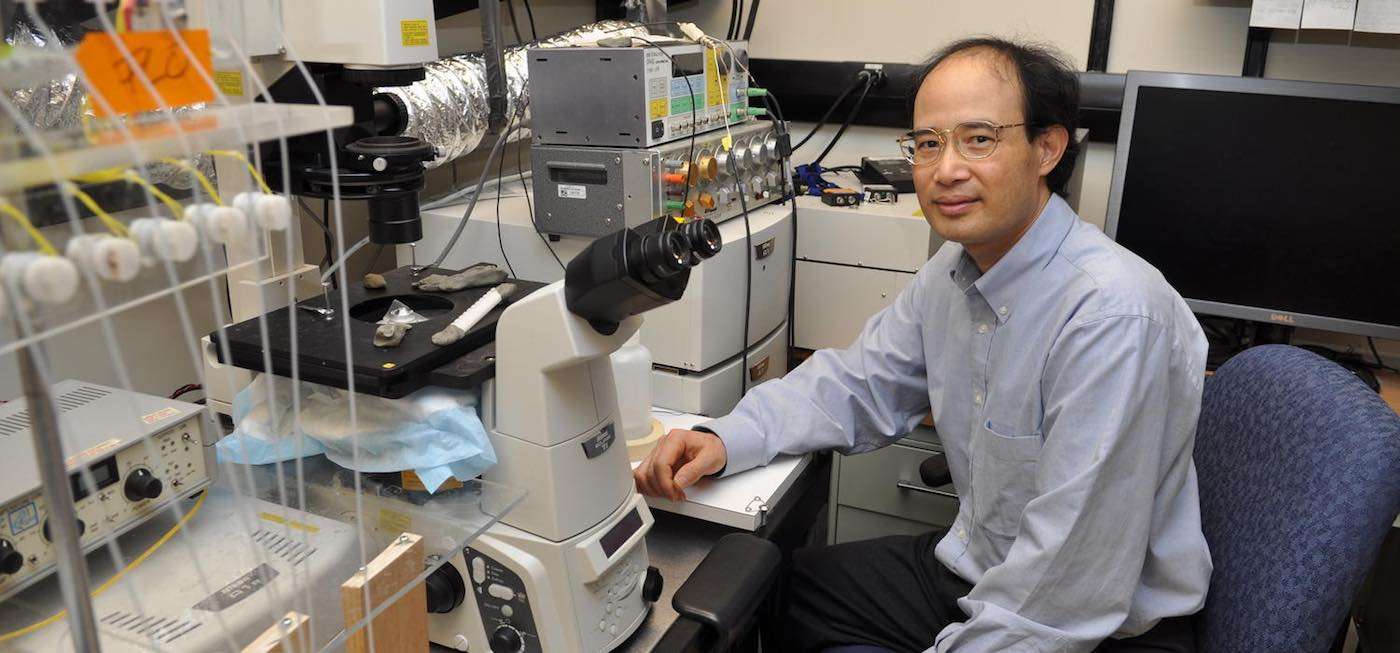Key Ingredient in Coronavirus Tests Comes From Yellowstone's Heated Pools
Inside a small cyanobacteria found on the hot springs of Yellowstone National Park is the key component to the COVID-19 test process.

A research team at the University of Calgary has made an exciting breakthrough with the potential to prevent and reverse the effects of Alzheimer's disease.
The team, led by Dr. Wayne Chen, discovered that limiting the open time of a channel called the ryanodine receptor, which acts like a gateway to cells located in the heart and brain, reverses and prevents progression of Alzheimer's disease in animal models. They also identified a drug that interrupts the disease process.
The effect of giving the drug to animal models was remarkable: After one month of treatment, the memory loss and cognitive impairments in these models disappeared.
"The significance of identifying a clinically used drug that acts on a defined target to provide anti-Alzheimer's disease benefits can't be overstated," said Chen.
The results of this groundbreaking study were recently published in the peer-reviewed journal Cell Reports.
This work is potentially highly impactful as millions around the world live with Alzheimer's disease and other dementias, suffering memory loss and other cognitive impairments with a negative impact on quality of life.
Previous research has shown that the progression of Alzheimer's disease is driven by a vicious cycle of the protein amyloid β (Aβ) inducing hyperactivity at the neuron level. However, the mechanism behind this wasn't fully understood nor were there effective treatments to stop the cycle.
Chen's team used a portion of an existing drug used for heart patients, carvedilol, to treat mice models with Alzheimer's symptoms. After a month of treatment, researchers tested animal models with very promising results.
"We treated them for a month and the effect was quite amazing," says Chen, explaining the drug was successful in reversing major symptoms of Alzheimer's disease. "We couldn't tell the drug-treated disease models and the healthy models apart."
Chen, a Clarivate Highly Cited Researcher, is optimistic about the future of this research, however, there are many steps to be taken before this finding would lead to a clinical trial.
(Source: University of Calgary)
Be the first to comment